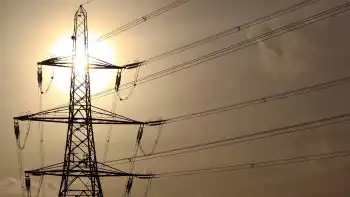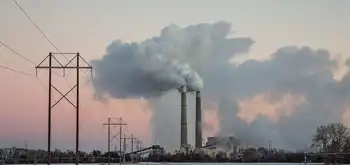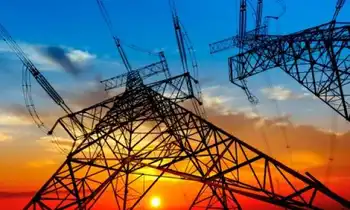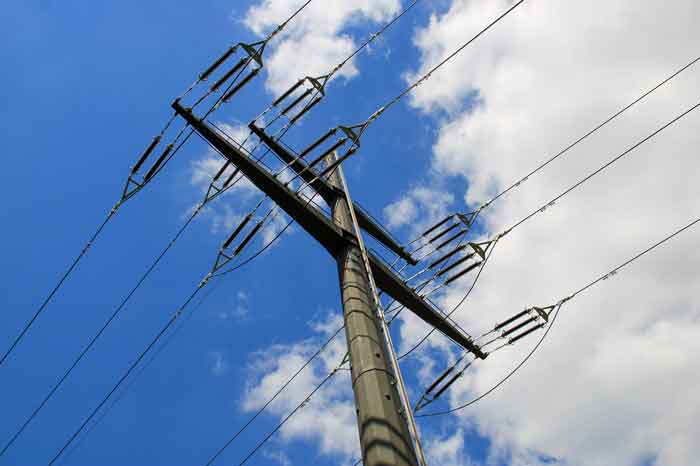Natural gas, deregulation blamed for high prices
Offers for retail electricity are up. Retail electric companies blame rising natural gas prices, since most of Texas' electricity comes from natural gas-fueled plants. Consumer advocates blame Texas' deregulated markets.
"It's been going up literally just about every day," said Brent Moore, chief executive of SaveOnEnergy.com, a Web site where consumers can compare retail rates.
"It's already at levels that we saw during Hurricanes Rita and Katrina, which is startling because we aren't even in the warm months yet," he said.
High electricity rates this summer could prompt another round of debate during the 2009 legislative session on whether to re-regulate the electricity industry.
On the Public Utility Commission's Power to Choose Web site, powertochoose.org, electricity prices for North Texas on Friday ranged from 11.3 cents per kilowatt hour to 18.6 cents.
Late last year, state regulators pointed to offers of 9 or 10 cents per kilowatt-hour as evidence that the competitive markets are keeping prices low. Those offers have vanished.
Energy Future Holdings' TXU Energy published fresh, higher rates on Friday for several pricing plans.
Industry insiders say rising prices are all about higher costs for fuel. Natural gas prices have risen nearly 40 percent since last year.
"The cost of supply in Texas, the cost of electricity for retailers like us, is tied to the cost of natural gas," said Brian Landrum, chief operating officer for Reliant Energy. "If the primary fuel component of your cost has gone up, then your prices are going to go up."
Carol Biedrzycki, executive director of Texas Ratepayers' Organization to Save Energy, blames deregulation for driving up electricity prices. Since regulators allowed electricity companies to set their own rates and compete for customers, Texas power prices have surpassed the national average.
She urges residential customers to sign up for fixed-rate plans to prevent rate shock, even though the plans might appear to cost more than variable, month-to-month plans.
"I have done research into some of the plans that are being offered out there, and when you get to the very bottom line, even though the rate looks good on the Web site, it's really not that great of a deal," Ms. Biedrzycki said.
Rising rates are attracting attention from some powerful Texas lawmakers – and worrying industry insiders about the potential for new laws.
"I'm following it daily," said Rep. Phil King, R-Weatherford, chairman of the Regulated Industries committee.
He blames rising natural gas prices and a federal government without an energy policy.
"The Feds have been an absolute, total, complete failure at putting together an energy policy for decades now, and we're reaping the punishment for that in any kind of energy cost, whether it's gasoline, diesel, electricity," he said.
He says the competitive markets are working, but he'd like to see state incentives for power companies to build plants that run on fuel other than natural gas.
Still, industry insiders worry that high prices could lead lawmakers to reverse deregulation or make laws that hurt business.
"Are we worried about that? I mean, yes," said Marcie Zlotnick, chief operating officer for StarTex Power. "That's a legislators' responsibility to constituents to respond to concerns. And if we think that they aren't worried about it, we're negligent."
Related News
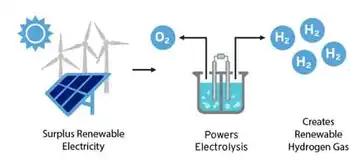
What can we expect from clean hydrogen in Canada
TORONTO - As the world races to find effective climate solutions, hydrogen is earning buzz as a potentially low-emitting alternative fuel source.
The promise of hydrogen as a clean fuel source is nothing new — as far back as the 1970s hydrogen was being promised as a "potential pollution-free fuel for our cars."
While hydrogen hasn't yet taken off as the fuel of the future — a 2023 report from McKinsey & Company and the Hydrogen Council estimates that there is a grand total of eight hydrogen vehicle fuelling stations in Canada — many still hope that will change.
The hope is hydrogen…


